Human Rights and the Age of Inequality
Contents
Understanding the text
a. What is the first human rights declaration adopted by the United Nations?
Ans: The first human rights declaration adopted by the United Nations is the implementation of economic and social rights.
b. When is Human Rights Day observed?
Ans: Human Rights Day is observed on December 10th of every year.
c. What is the goal of the Universal Declaration of Human Rights?
Ans: The goal of the Universal Declaration of Human Rights is to provide basic rights to humans for their peace, security, equality, and liberation which include social and economic rights. It also aims to highlight the “foundation of liberty, peace, and justice in the world.”
d. What are two big stages that involve writing the history of human rights in relation to that of political economy?
Ans: The two big stages that involve writing the history of human rights in relation to that of political economy are the heroic age of national welfare after World War II and the new cold war era in 1948.
e. What are the facts that have been missed in Roosevelt’s call for a “second Bill of Rights”?
Ans: The facts that have been missed in Roosevelt’s call for a “second Bill of Rights” are:
-
- This marked the late and ginger entry of a particular provincial US into an already predetermined North Atlantic consensus.
- He didn’t say that he would take action for the security of everyone. Instead, he said that “special privileges for the few” would come to an end.
- Lastly, Roosevelt hoped to spread it all over the world, but it was organized in the United States, not in the world.
f. Write the truth expressed in Herodotus’s Histories.
Ans: The truth expressed in Herodotus’s Histories is new forms of judicial activity and global socio-economic justice are also necessary with local socio-economic justice to force the rich to provide more money to the poor.
g. Why is the Universal Declaration of Human Rights important to you?
Ans: The Universal Declaration of Human Rights is important to me because it helps to provide human rights, equality, justice, and equity to humans to eliminate discrimination, inequality, injustice, and many more.
Reference to the context
a. Does the essay give ways on how to stigmatize inequality? Explain.
Ans: The essay “Human Rights and the Age of Inequality” doesn’t give on how to stigmatize inequality but it talks about the stigmatization of inequality. Inequality is been growing day by day. There is no justice for the poor and the relationship between the rich and poor are disappearing. If inequality is increasing like this, then many opponents will arise and there will be injustice in society. So, there should maintain equality and justice in society for the betterment of human rights. To remove inequality, people should begin the human rights movement. There should be proper supervision, implementation of strict laws, support of stakeholders, and many more for the humanitarian behalf of all humans. Inequality is accepted as a stigma in the community which leads to the conflict.
b. Is another human rights movement necessary? Why?
Ans: Yes, another human rights movement is necessary because political pressures are impacting the operation of human rights according to the essayist. The reasons for another human rights movement are:
-
- There is political pressure everywhere on human rights.
- The law which is implemented for all is not equal for all.
- Domination in political and social aspects.
- There is nepotism and favoritism which is going on in our society.
- Equal rights and justice are not provided to all human beings which should be needed.
- Inequality has been contained in human affairs.
Reference beyond the text
a. What are the challenges in maintaining human rights in Nepal?
Ans: Human rights are fundamental rights and freedoms that are inherent to all individuals, regardless of their nationality, race, gender, religion, or any other characteristic. In Nepal, there are challenges in ensuring these rights are protected. Some of these challenges are:
-
- Discrimination in the name of culture and religion
- Increase in the poverty line
- Nepotism, corruption, and illiteracy
- Abuse of authority
- Top priority is set according to a person’s advantage
- Men and women face discrimination in education opportunities
- Misuse of power
- Increase of health issues
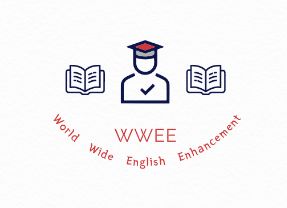
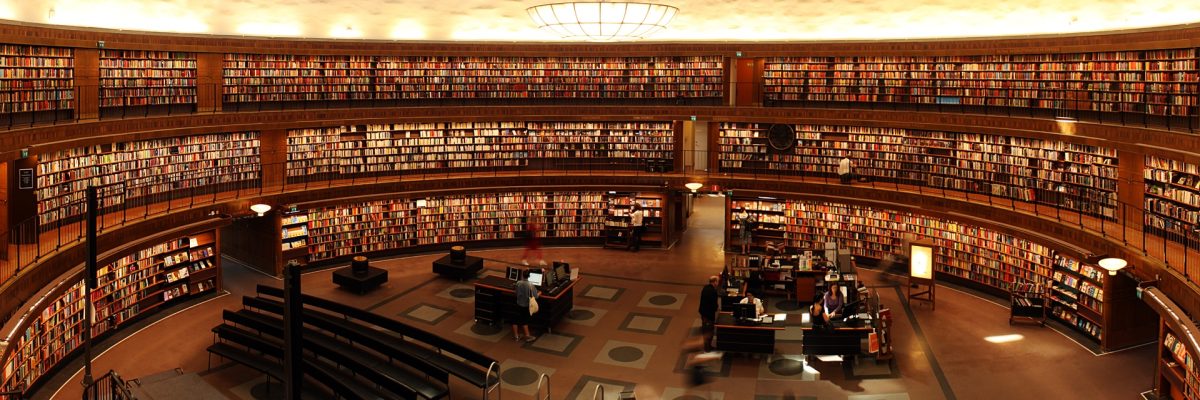
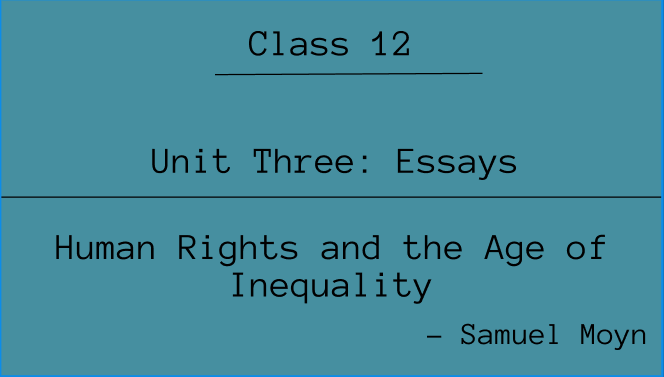
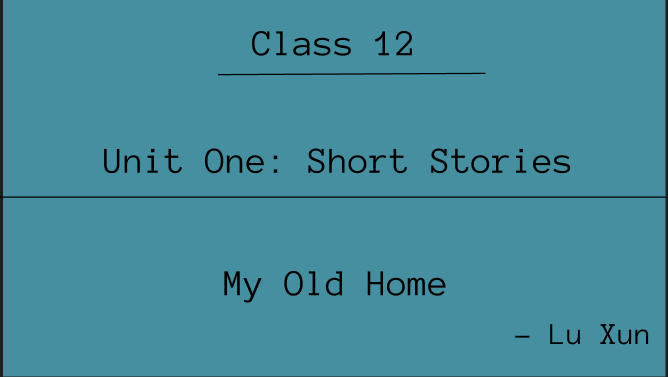
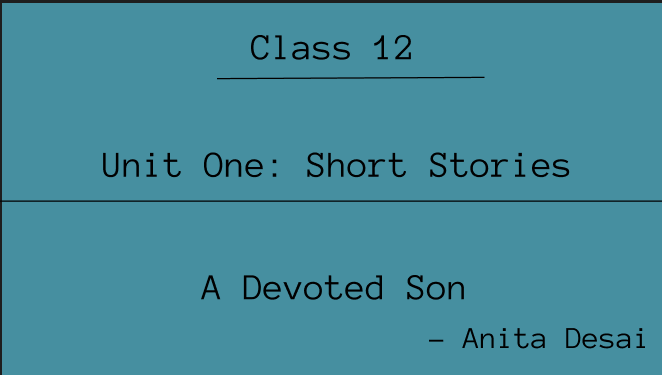
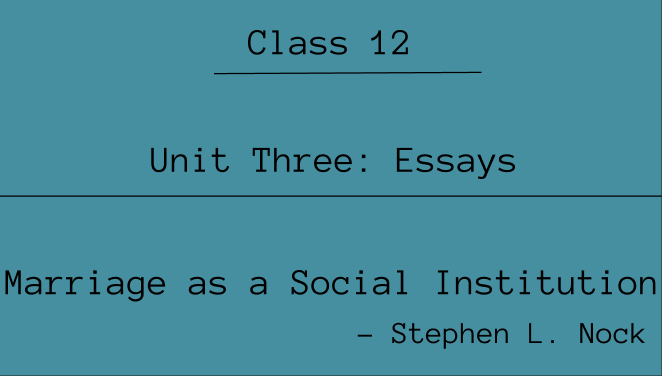
Hi my loved one! I want to say that this post is awesome, great written and come with almost all important infos. I’d like to look extra posts like this.